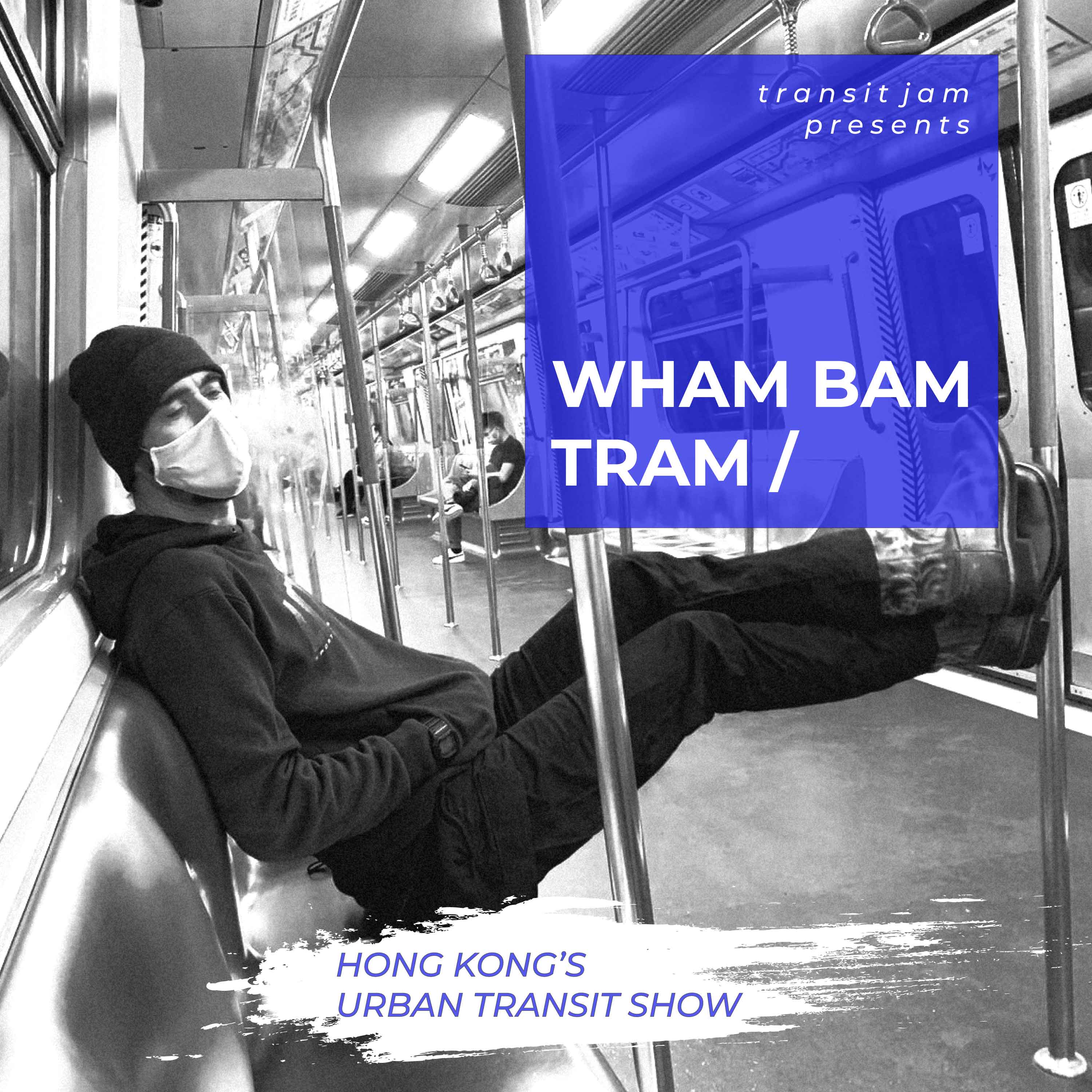
Singapore has released 164 pages of syllabus for e-bike and e-scooter riders to learn, ahead of mandatory tests from 30 June
E-mobility riders in Singapore will need to take an online test before they can take to the roads from 30 June, with quizzes on speed limits, rules of the roads, and device safety standards.
E-bike riders will be saddled with a 100-page textbook to learn – that’s 12 pages longer than Singapore’s “Basic Theory of Driving” for vehicle driving tests. The e-scooter syllabus is shorter, weighing in at 64 pages. Riders of e-skateboards, e-unicycles and electric wheelchairs are exempt.

Singapore’s Senior Parliamentary Secretary for Transport Baey Yam Ken says it’s important riders are “familiar with active mobility rules”
Singapore’s Senior Parliamentary Secretary for Transport Baey Yam Keng, said on Facebook the new rules would be an important step ensuring e-mobility users “are familiar with active mobility rules, and the code of conduct and are able to share spaces safely and responsibly with fellow path and road users.”
Hong Kong has a close eye on Singapore’s regulation of e-mobility devices, with Singapore’s policy progress dominating a 2019 LegCo brief into the potential for e-mobility laws in Hong Kong.
The Hong Kong Transport Department’s first legal trials of e-mobility devices earlier this year were stricter versions of Singapore’s current approach – all riders were restricted to cycle paths, while in Singapore, e-bike riders are allowed to use public roads. Hong Kong devices needed to fit certain standards and riders needed to wear helmets and high-visibility vests.
Martin Turner of Hong Kong Cycling Alliance is critical of the ‘regulation-led’ approach of both governments, saying, “any consideration of road safety must start with the fact that people on bikes – electric or regular – are much more likely to be victims than perpetrators of injury. If, instead of manufacturing abstract study demands, officials got on bikes and rode the streets, they’d learn about the very different pattern of threats and risks that cyclists must navigate. And also that an electric bike and its rider are part of the cycling paradigm, not the motoring one that they seem to default to.”
But Turner recognises that Singapore is at least pursuing an active mobility agenda, something Hong Kong entirely lacks, he says.
Transport Department earlier said it would examine the way e-mobility riders interacted with other cycle path users before making any decisions. Officials did not yet comment on Singapore’s new exams.





